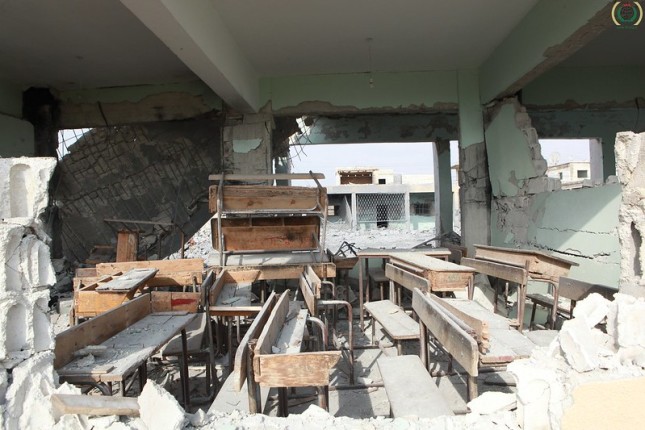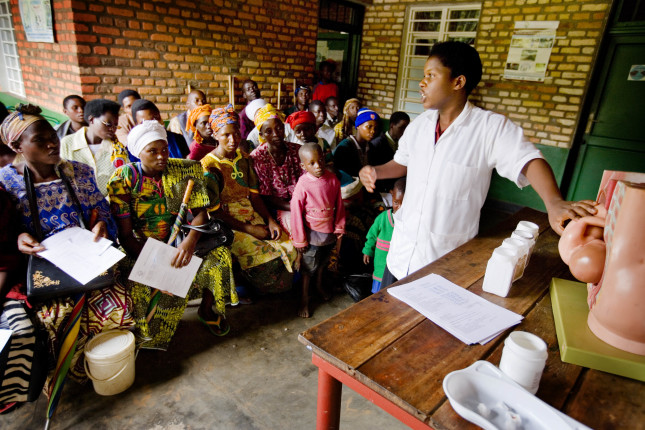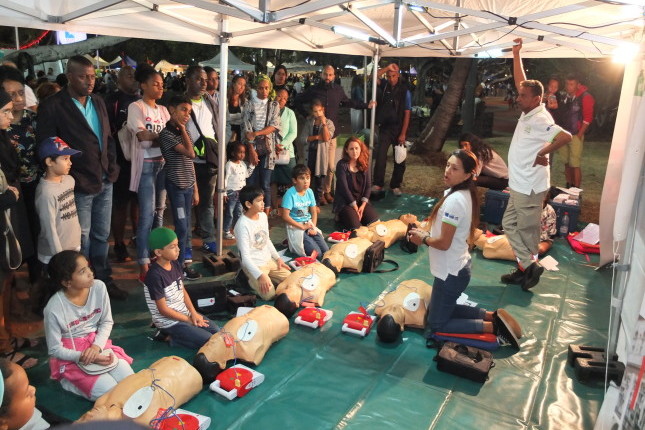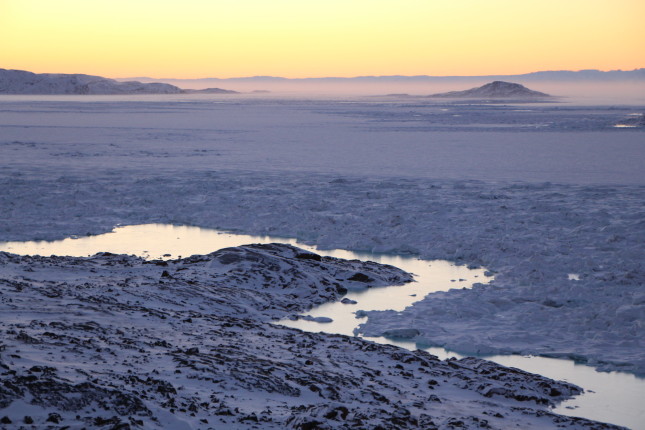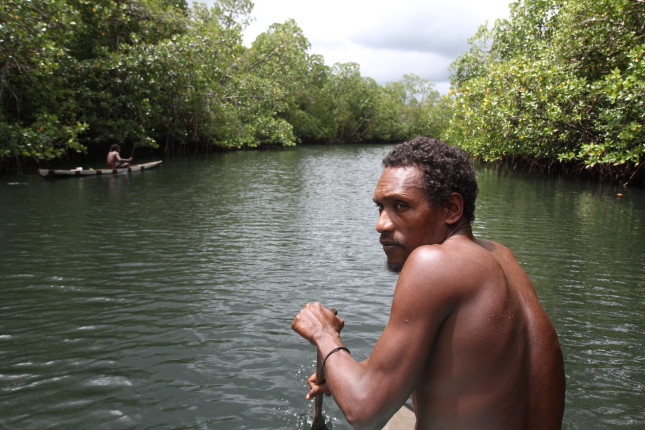-
Defying Boundaries: Using Climate Risks to Forge Cross-Border Agreements
›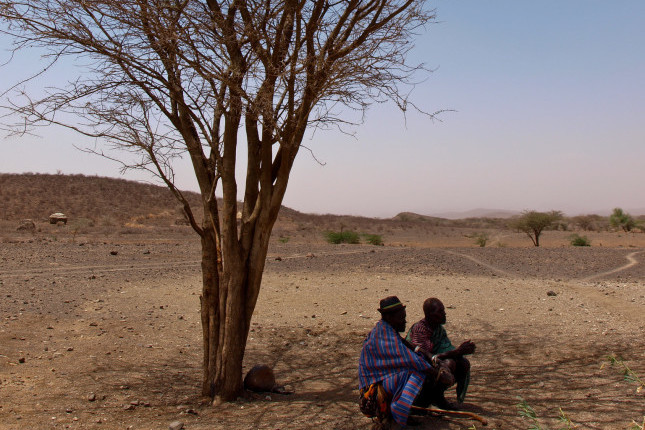
Climate change is a risk, said Maurice Amollo, a Mercy Corps Chief of Party in Nigeria Mercy Corps. “But it is also an opportunity if people come together.” He spoke at a recent USAID Adaptation Community Meeting, “Tackling the threat multiplier: Addressing the role of climate change in conflict dynamics.” The discussion focused on USAID’s Peace III initiative that Amollo and Mercy Corps implemented in the Karamoja region along the borders of Kenya, Ethiopia, Somalia, and Uganda, where climate and conflict shocks are part of daily life for pastoralist ethnic groups. Addressing climate and conflict issues in these regions will require using the environment to build cooperation and peace, said Eliot Levine, the Director of Mercy Corps’ Environment Technical Support Unit.
-
How Fires Threaten Syria’s Security
›
Fires are proliferating. By the end of September, over 4,500 active fires had been detected in Syria during 2019. From May through June, 2,106 of these fires burned in northeastern Syria—Raqqa, Deir ez-Zour, and Al-Hasakeh – as documented by the nongovernmental organization, REACH. Meanwhile, widespread fires in Brazil’s Amazon rainforest caused global alarm. World leaders are becoming increasingly concerned about the environmental threats posed by increased fires, but Syria’s fires may also be linked to security threats.
-
To Achieve Universal Health Care, Invest in Nurses and Midwives
›
Universal health coverage, a sustainable development goal championed by Dr. Tedros Adhanom Ghebreyesus, Director-General of the World Health Organization (WHO), won a key vote of confidence during this year’s United Nations General Assembly in New York City. The member states endorsed primary health care as a means to reach more than 4 billion people who lack essential care—a critical gap to the achievement of universal health coverage by 2030.
-
Disasters, Vulnerabilities, and Equity: Moving Forward
›
Houston after another major flood a few weeks ago; the Bahamas after Dorian; Paradise, California, after the Camp Fire; Haiti after a major 2010 earthquake; Puerto Rico after Maria; New Jersey and New York after Sandy; New Orleans after Katrina; Thailand and Indonesia after the Indian Ocean tsunami in 2004… The list goes on. As we head into another hurricane season, we should once again examine what we’ve learned and prepare to reduce the impact of disasters on communities worldwide.
-
Research in a Changing Arctic Must be Prioritized
›
The Arctic is changing, and it’s changing fast, even faster than models had predicted. The most recent Intergovernmental Panel on Climate Change (IPCC) report found with strong confidence that the Arctic is warming two to three times faster than the global average.
-
In Australia, Echoes of Past, Glimpses of Future As Country Braces for Hot, Dry Summer
›
Water is so scarce these days in Murrurundi, a drought-tested town in the northern reaches of New South Wales, that it arrives by truck.
Murrurundi Dam, an off-channel reservoir that draws from the Pages River, is functionally dry. An emergency well provides a little local water, but half of the small community’s supply is now trucked in.
“I’ve never seen the Pages River this low,” Daele Healy, who has lived in town for 15 years, told Circle of Blue. “There’s just no water visible at all. Not even little ponds.”
-
To Avoid Conflict, Responses to Climate Change in Oceania Must Heed Customary Actors and Institutions
›
Considering how vulnerable Pacific Island countries (PIC) are to the conflict-prone effects of climate change, it is surprising that so little attention has been focused on the region. To address the conflict potential of the effects of climate change, as well as of adaptation and mitigation policies and technologies, policymakers must draw upon research related to the climate change-conflict nexus that thus far have been widely ignored or underestimated. These include cultural and spiritual aspects, indigenous knowledge, and indigenous ways of adapting to climate change. To fill gaps in knowledge, more granular ethnographic research should explore the complexity of local contexts in Oceania. Non-Western, non-anthropocentric concepts warrant particular attention.
-
Mountain Regions, ‘Taking the Heat,’ Face Growing Hazards As Ice Melts, UN Climate Panel Warns
›
Rising concentrations of heat-trapping greenhouse gases in the atmosphere are reshaping the world from the top down, according to a special report on the world’s oceans and frozen regions from the United Nations climate panel.
 A Publication of the Stimson Center.
A Publication of the Stimson Center.

